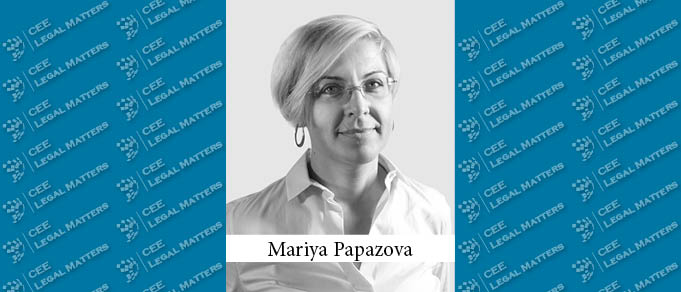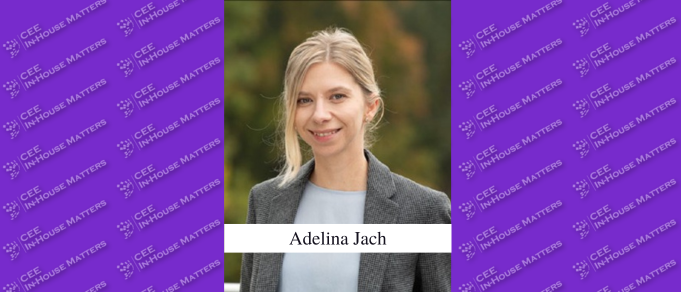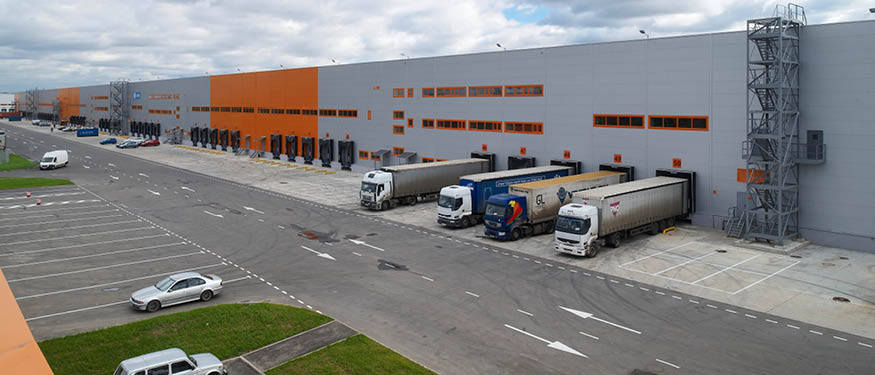At the beginning of each year Bulgarian Competition Protection Commission announces (the “CPC”) its priorities. The priorities for 2025 do not differ very much from those set in the previous years and show consistency.
In 2025 CPC will again prioritise the fights against prohibited practices and cartels in the fundamental economic sectors, such as: energy, fuels, food, and pharmaceuticals, as well as in some rapidly developing sectors, such as: digital economy, sustainability, telecommunications, financial services and employment. These sectors are in the radar of the CPC constantly since the pandemic.
As per the CPC’s annual reports CPC has increased slightly its activities in the food and pharmaceutical sectors since 2021. However, despite increasing prices in food sector and supply shortage of some drugs CPC has not established prohibited practices in these sectors although several markets (e.g., food trade, manufacturing and trade with diary product and eggs, pharmaceuticals wholesale) have been investigating in the last two years. For the purposes of the investigations in the food sector CPC conducted dawn raids at the sites of some undertakings concerned. However, in the food sector some potential restraints on the vertically related markets have been identified which will be scrutinised by CPC as well as information exchange. In pharma sector practices which might affect parallel import and distribution of generic drugs will be of particular interest for CPC in 2025.
As for the fuel sector, the markets in the sector have been periodically reviewed for prohibited practices in the past 15 years and no such practice have been found. However, in 2023 CPC sanctioned the leaders in the sector Lukoil Neftohim Burgas AD and Lukoil Bulgaria EOOD for abusive practices on the market of fuel storage in the form of denying access to importers and manufacturers of automotive fuels to their own tax warehouses, limiting imports by sea by blocking tax warehouses. The sector will be further monitored considering certain international factors (the war in Ukraine and the situation in Middle East) which can affect the fuel prices on the national markets.
It seems that in 2025 CPC will focus more on fight against bid rigging as a form of cartels. Bid rigging has been taking bigger and bigger part in the antitrust activity of the CPC in the past years. The CPC’s efforts have been and are still directed to increasing knowledge and awareness among the contracting authorities about the bid rigging indicators. As per the CPC these efforts start showing results. The statistics shows that the newly opened bid rigging proceedings per year are up to two for the past two years while the total number of the newly opened prohibited practices cases varies between four and six per year. Another ambition of the CPC in order to increase detection of the bid rigging cases is improving the exchange of information with the Public Procurement Agency and to explore ways for electronic screening of the bidders’ offers, including by using AI. According to the practice of the CPC, it usually conducts dawn raids by such type of investigations.
In terms of the new and developing markets it is expected CPC to provide its final report on the sector inquiry in the digital commerce which might identify prohibited practices and result in some investigations. Obviously, CPC will follow the EU trends and will be attentive about sustainable agreements and how they will impact the competition environment. In the employment market CPC will focus on the agreements between employers with which they mutually agree on the salaries of their employees or not to attract or hire their employees. However, CPC has not had practice on these developing markets yet.
Each year CPC shows by setting its priorities that it intends to have more intensive antitrust practice. However, the annual results still show that CPC is still more busy with the appeal of public procurement procedures. From the consumer prospective it still seems CPC not to be proactive enough to scrutinise market operators’ behaviour (either on traditional markets or on the developing markets) and thus, to guarantee them choices of products with better quality at better price.
By Mariya Papazova, Partner, PPG Lawyers

















